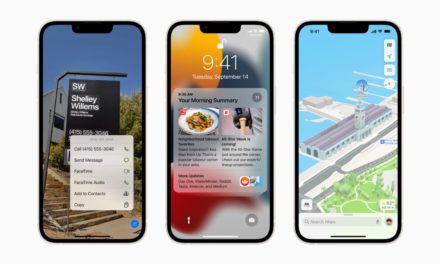Subsidiaries of the Samsung Group will collaborate to invest in the research and development of Glass Core Substrates (GCS) to expedite their commercialization — and which Apple is eyeing, according to DigiTimes Asia (a subscription is required to read the article).
Intel currently has the lead in this area and say that compared to today’s organic substrates, glass offers distinctive properties such as ultra-low flatness and better thermal and mechanical stability, resulting in much higher interconnect density in a substrate. (A substrate is the piece of material forming a supporting base for film circuit elements and possibly additional components.)
Intel says these benefits will purportedly allow chip architects to create high-density, high-performance chip packages for data-intensive workloads such as artificial intelligence (AI). Intel is on track to deliver complete glass substrate solutions to the market in the second half of this decade, allowing the industry to continue advancing Moore’s Law beyond 2030.
“By the end of the decade, the semiconductor industry will likely reach its limits on being able to scale transistors on a silicon package using organic materials, which use more power and include limitations like shrinkage and warping,” according to Intel. “Scaling is crucial to the progress and evolution of the semiconductor industry, and glass substrates are a viable and essential next step for the next generation of semiconductors.”
From the DigiTimes Asia report: Apple is reportedly in discussions with several companies to devise a strategy for incorporating glass substrates into electronic devices. The adoption of glass substrates by Apple in the future is expected to significantly broaden the scope of application areas.
Sources within the semiconductor industry indicated that glass substrates may become a new field for completion among nations, attracting participation from global IT device manufacturers and semiconductor players in addition to substrate manufacturers.
Article provided with permission from AppleWorld.Today




